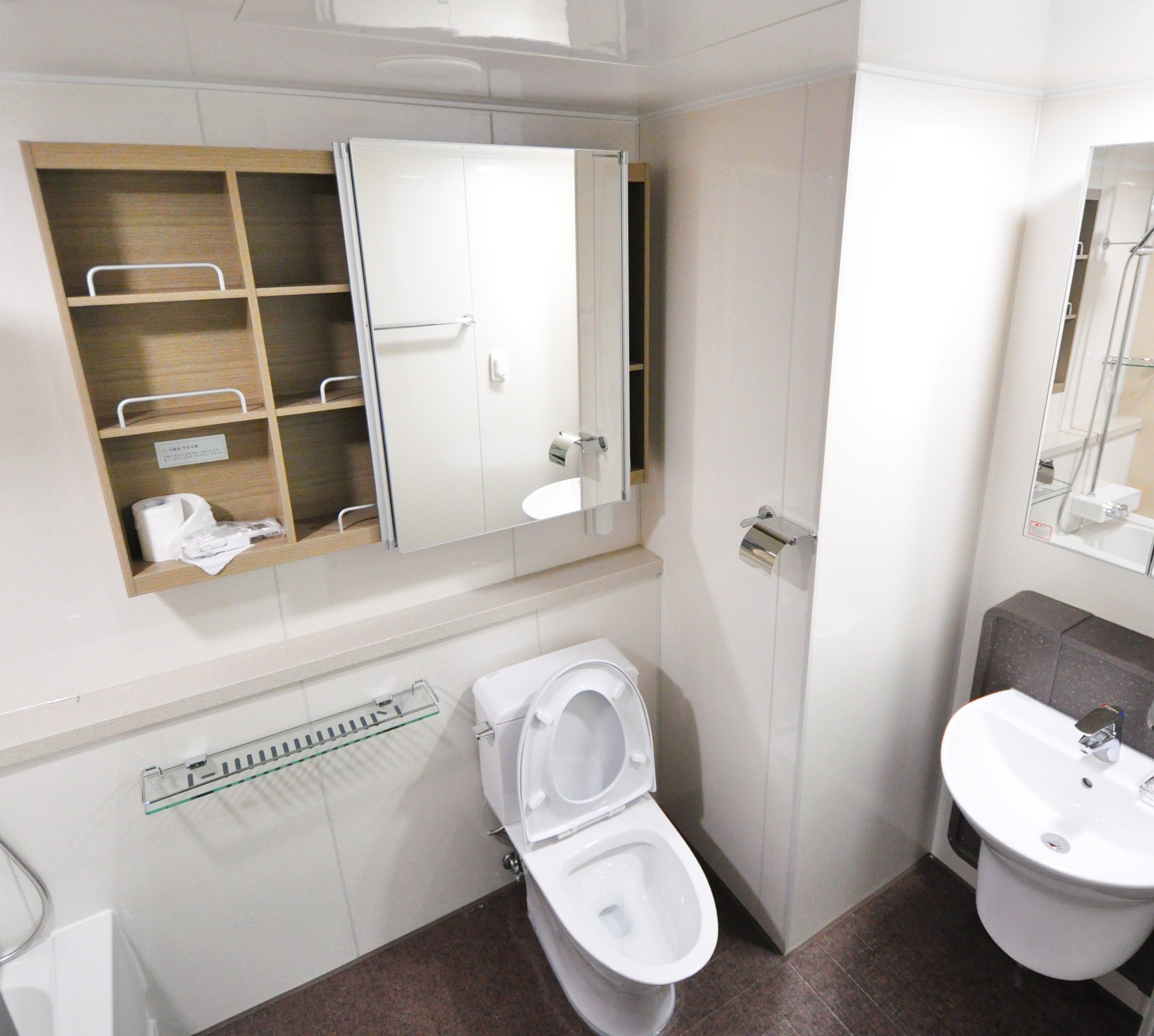Know the Different Types of Acupuncture
/Acupuncture continues to grow across the world as a popular treatment for pain and symptoms of a number of diseases and conditions. Most of the time when you hear that someone has received acupuncture, you have one thing in mind. However, the term “acupuncture” has sort of become a catch-all for many different types of treatments that are available to patients. Since acupuncture is an ancient treatment, there have been updates and iterations over the years. Now, many different forms of acupuncture are out there, with their own strengths at treating different conditions. It’s always good to be informed, so we’ve put together a list for you of the most common types of treatments that often fall under the “acupuncture” umbrella.
Body Acupuncture – This is what likely comes to mind when you hear the word acupuncture. Tiny needles inserted into certain points and meridians along the body that regulate the flow of energy and promote healing.
Ear Acupuncture – Traditional Chinese Medicine says that the ear contains acupuncture points that can heal every area of the body. So, many acupuncturists will focus their acupuncture in the ear, using the same needles as in the body, whether on its own or in conjunction with body acupuncture points.
Electroacupuncture – Particularly useful for treating pain, electroacupuncture uses small clips on top of regular acupuncture needles to send an electric current in between two acupuncture needle points. The extra stimulation can improve the flow of energy between the points, helping heal pain.
Acupressure – Utilizing the knowledge of acupuncture points and meridians, acupressure pinpoints these same areas to heal pain, but uses massage and pressure instead of inserting a needle. Many acupuncturists will teach patients the proper areas, since patients can perform it themselves at home.
Moxibustion – When small amounts of herbs are placed on top body acupuncture needles and then lit, giving the area an extra boost of warmth.
Cupping – Usually done in tandem with acupuncture, cupping uses rubber or glass cups that are suctioned onto specific areas of the body. This can help when traditional body acupuncture needs a little bit of a boost when energy along a certain point has become stagnant. Cupping can leave marks on the body where the cup has suctioned on, but they are temporary.




